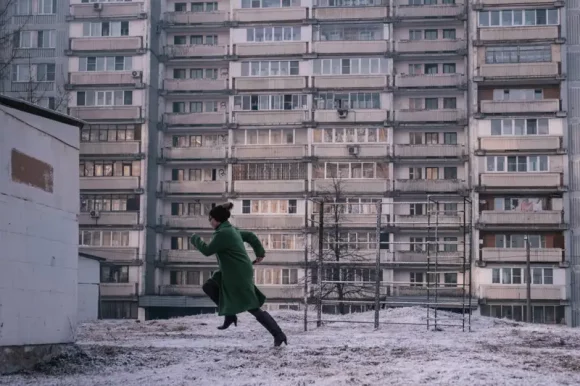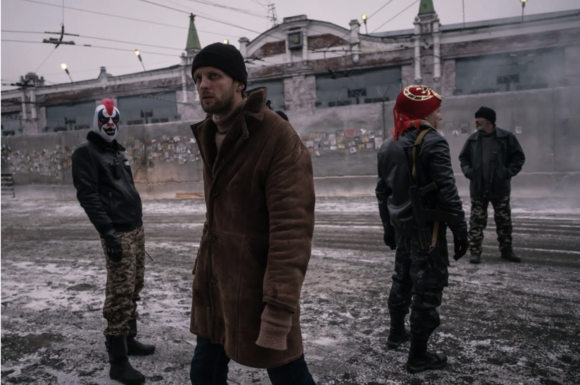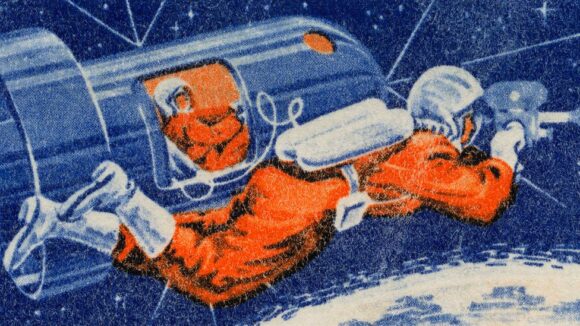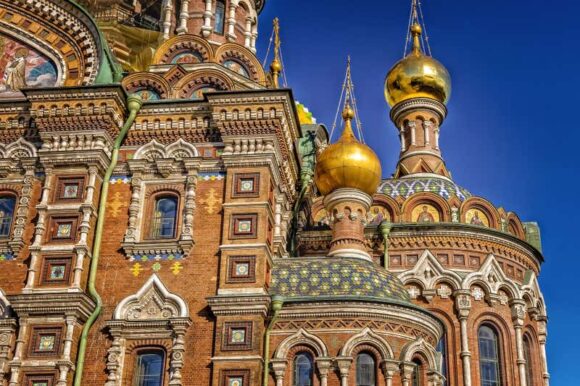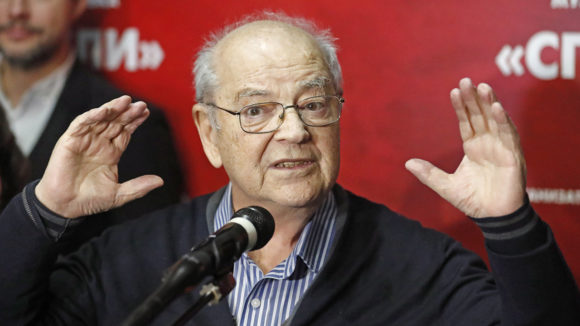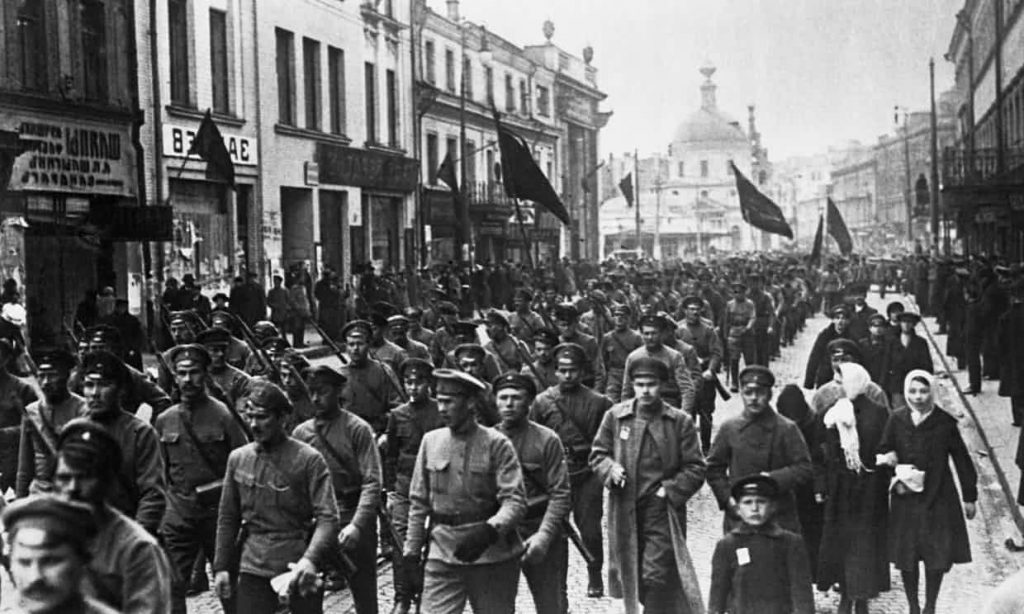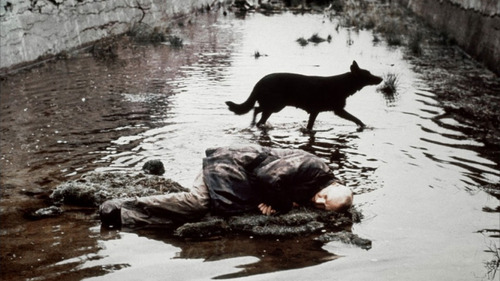Watching Petrov’s Flu, directed by Kirill Serebrennikov, for New Scientist, 16 February 2022
Petrov (Semyon Serzin) is riding a trolleybus home across a snowbound Yekaterinburg when a fellow passenger mutters to a neighbour that the rich in this town deserve to be shot.
Seconds later the bus stops, Petrov is pulled off the bus and into the street, and a rifle is pressed into his hands. Street executions follow, shocking him out of his febrile doze—
And Petrov’s back on the trolley bus again.
Ambitious, mischievous, rich in allusions to Russian history, literature and cinema, Petrov’s Flu is also (lest we forget the obvious) a painfully precise, gut-wrenching depiction of what it’s like to run a high fever. Seeing the world through Petrov’s sick and disjointed point-of-view, we find the real world sliding away again and again, into often violent absurdity.
The worst is over. Petrov is on the mend. But it takes us the longest time before we can be confident that his friend, the drunken mischief-maker Igor (Yuri Kolokolnikov), is real, while Sergey (Ivan Dorn), the struggling writer pal who browbeats poor Petrov on every point (and is determined to achieve literary immortality through suicide), is a figment of Petrov’s own fever-wracked consciousness.
As Petrov’s fever breaks over the course of the film, fantasy and reality begin to separate, and what we might have feared was just a bag of bits (some tender, some shocking, all horribly entertaining) turns out to be a puzzle that, once complete, leaves us exhausted but eminently satisfied. Petrov turns out to be a comic-book writer, separated from his wife but still dedicated, as she is, to their son, who for his part is determined not to let his own fever stop him attending a kids’ New Year party.
Petrov’s Flu begins as a sci-fi movie. The whole city languishes under an epidemic that arrived accompanied by lights in the sky; Petrov’s wife (Chulpan Khamatova) is possessed by a demonic alien force during a library poetry reading; here and there, UFO-themed street graffiti come to life and wiggle across the screen.
As reality and hallucination part company, however, it becomes something different: a film about parents and children; about creative work, pretension and ambition; also, strongly, about Russia’s love of science fiction.
At its birth, western science fiction, and especially American science fiction, celebrated adventure and exploration. Russian sf has always been more about finding and building homes in a hostile environment. (The film’s location here is apposite: wintry Yeketerinburg, just east of the Urals, may as well be on the moon.) Russian sf is also strongly religious in spirit — and was indeed for many years one of Russia’s very few outlets for spiritual feeling, under a regime devoted (often brutally) to the suppression of religion.
The aliens in Russian sf invariably offer some form of redemption to a struggling humanity, and Petrov’s Flu, for all its iconoclasm and mischief, is no different. One of the most affecting scenes in the film is when Petrov, mad with fear, in dashing with his son to a local hospital, when the pair are intercepted by a kindly UFO.
Such are Petrov’s fever dreams, coloured by his space-crazy childhood and his adult career drawing comic books. At one point he remembers his mum and dad decorating a Christmas tree with festive plastic astronauts; Petrov’s possessed wife, meanwhile, pursues her latest hapless victim among the climbing-frame rockets and spaceships of a delipidated playground.
Fans of Andrei Tarkovsky (director of sf classics Solaris and Stalker) will enjoy director Kirill Serebrennikov’s knowing nods to key moments in those films. But it would be a mistake, I think, to watch this film purely for the in-jokes. True, Petrov’s Flu is shocking and funny contribution to Russia’s centuries-old tradition of absurdist literature. But it’s also a film about people, not to mention an extraordinary evocation of febrile delirium, and its assault on the mind.

